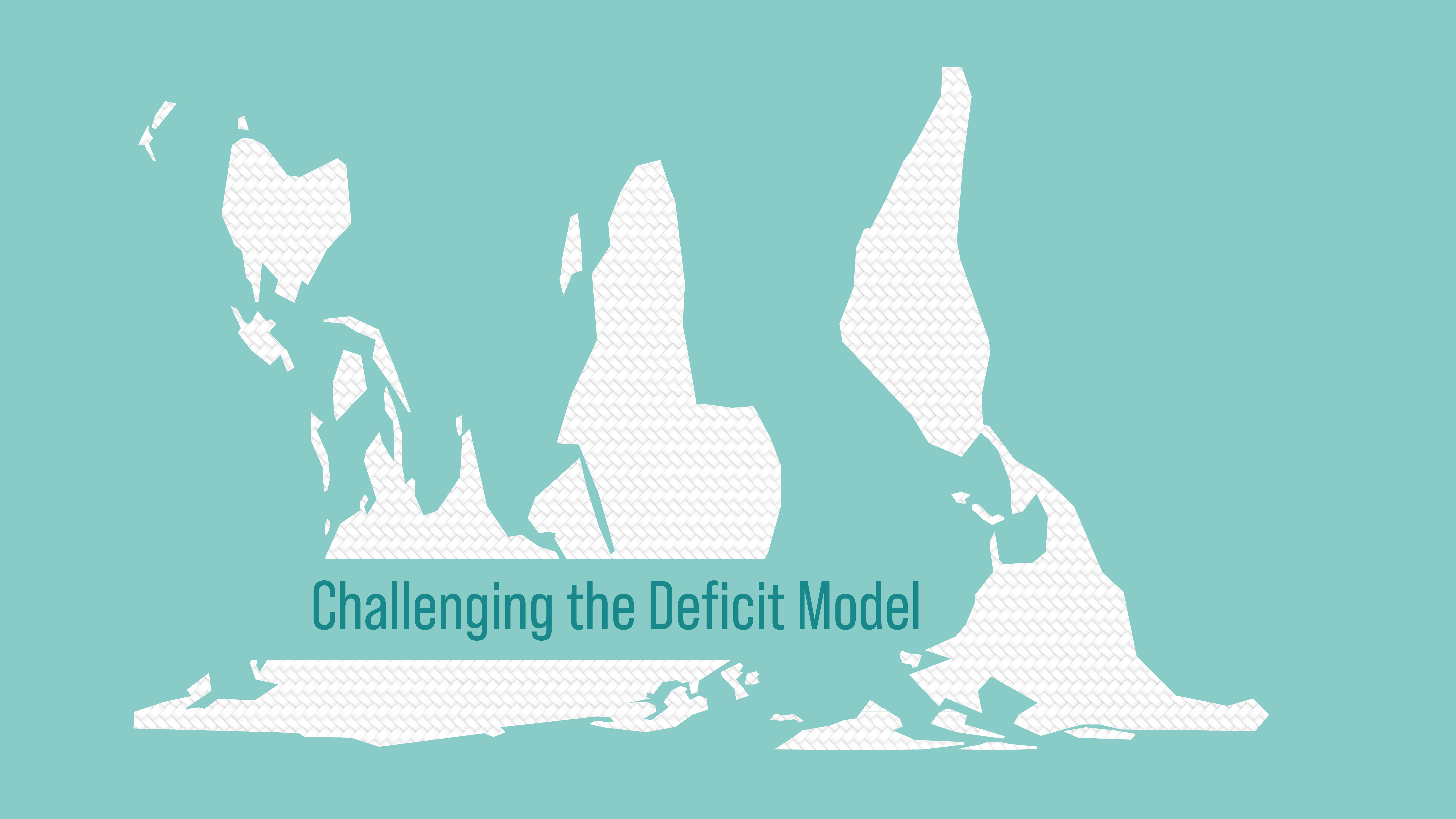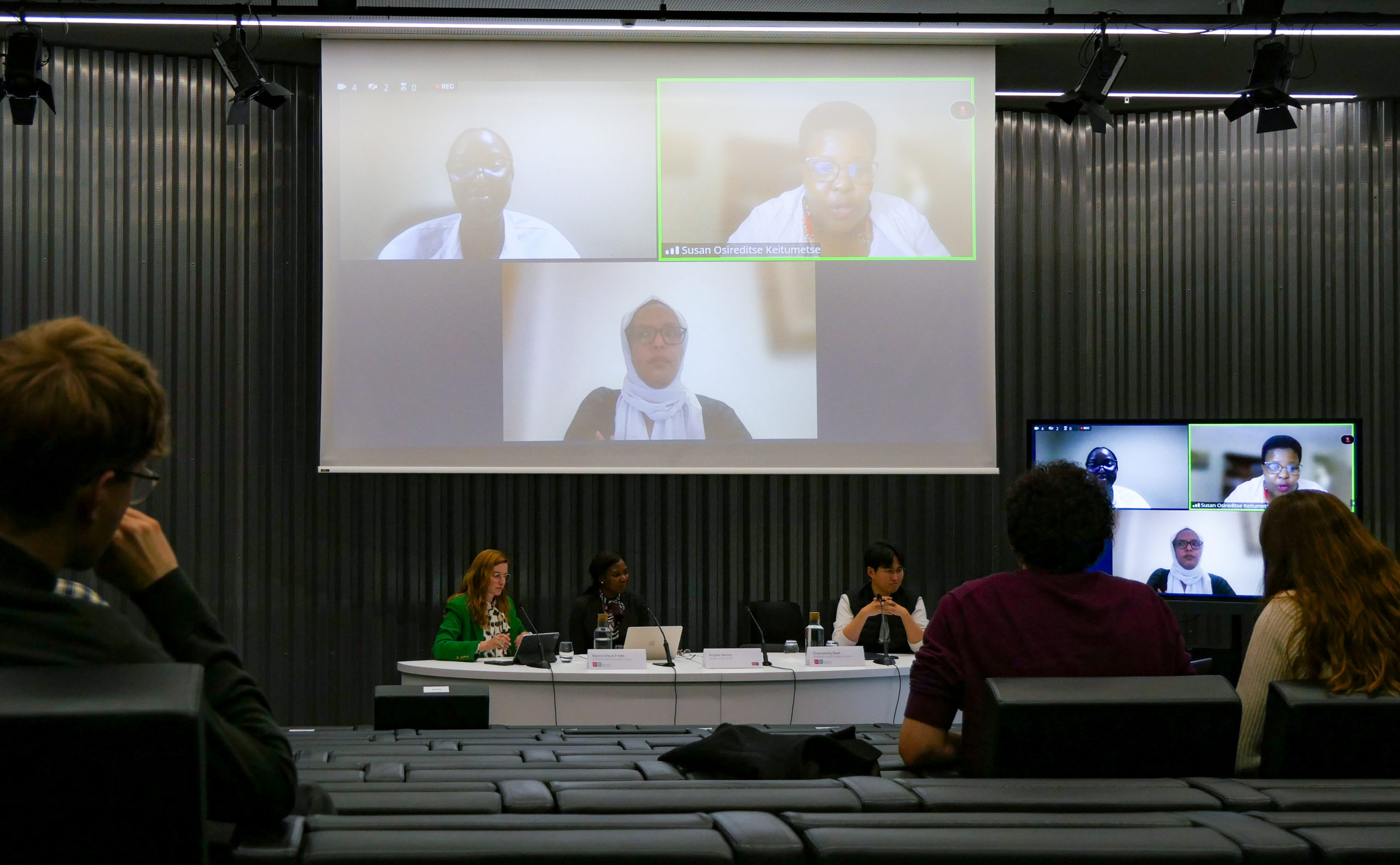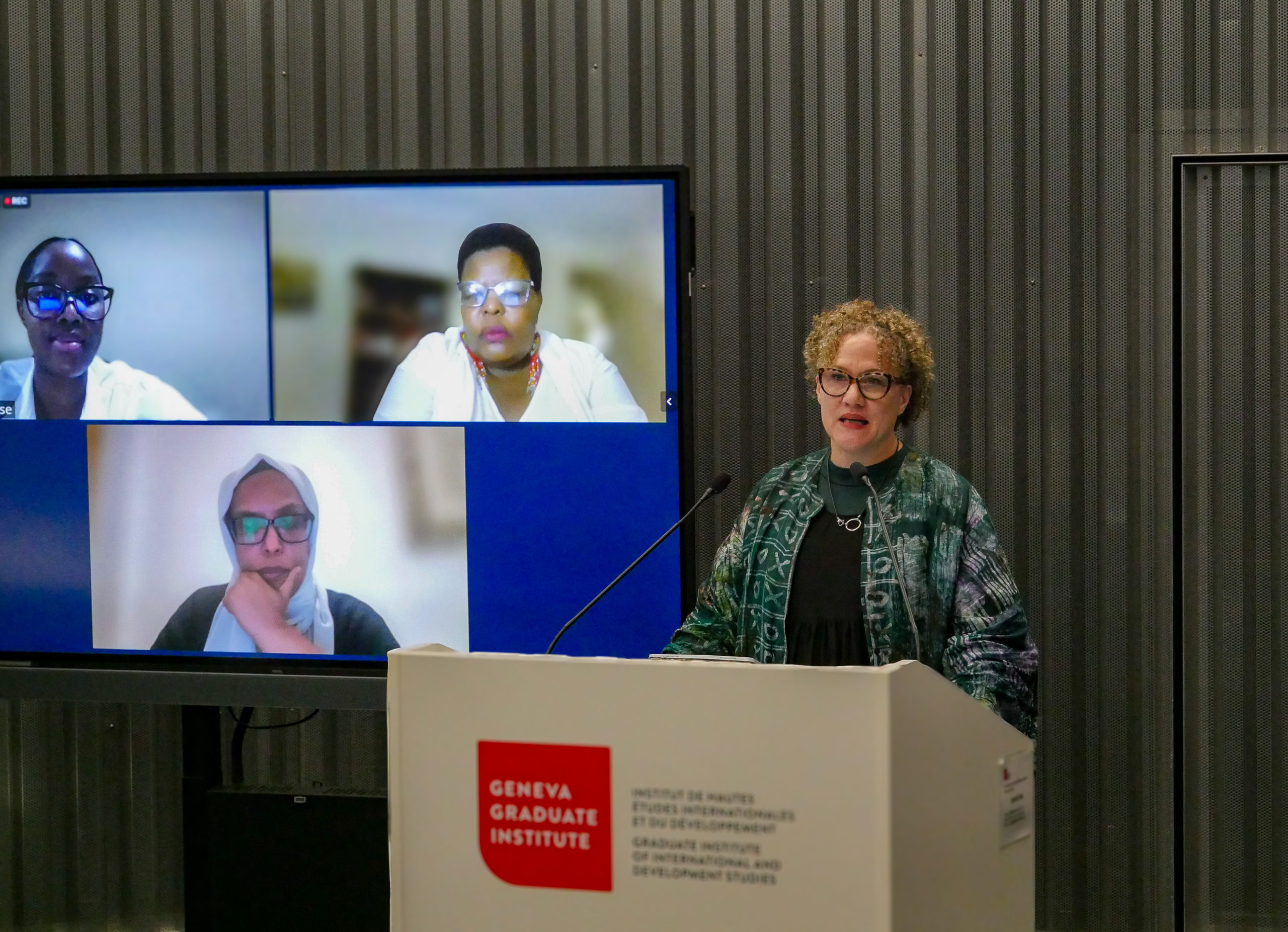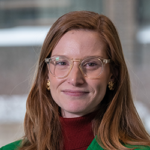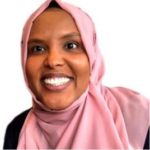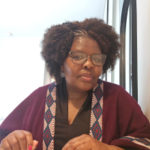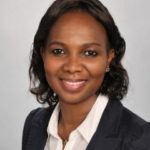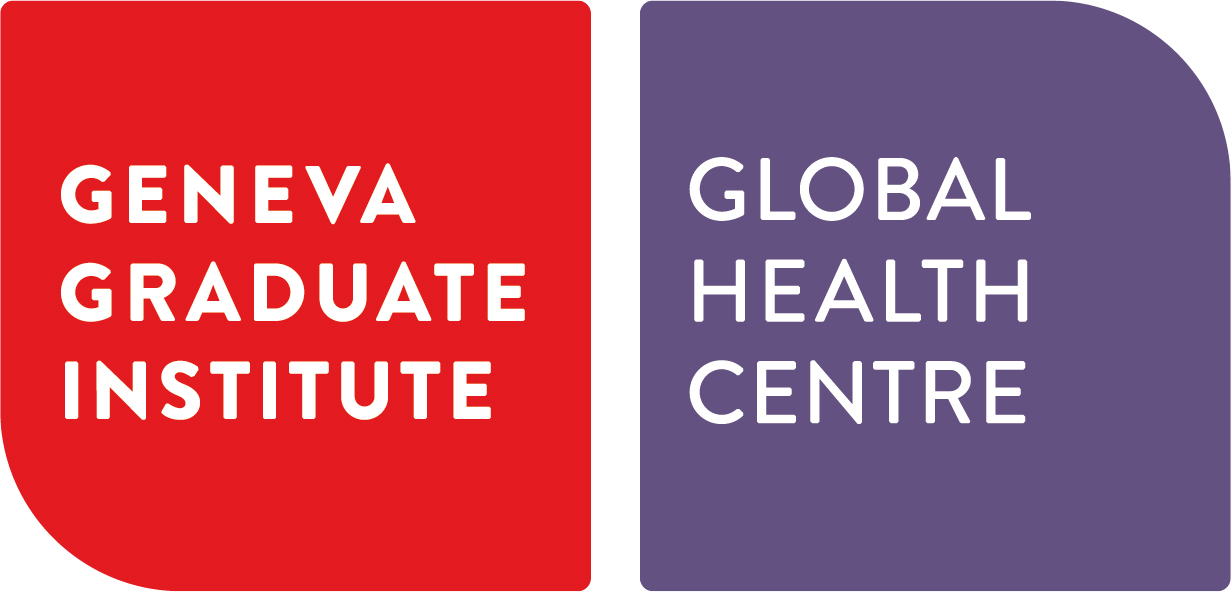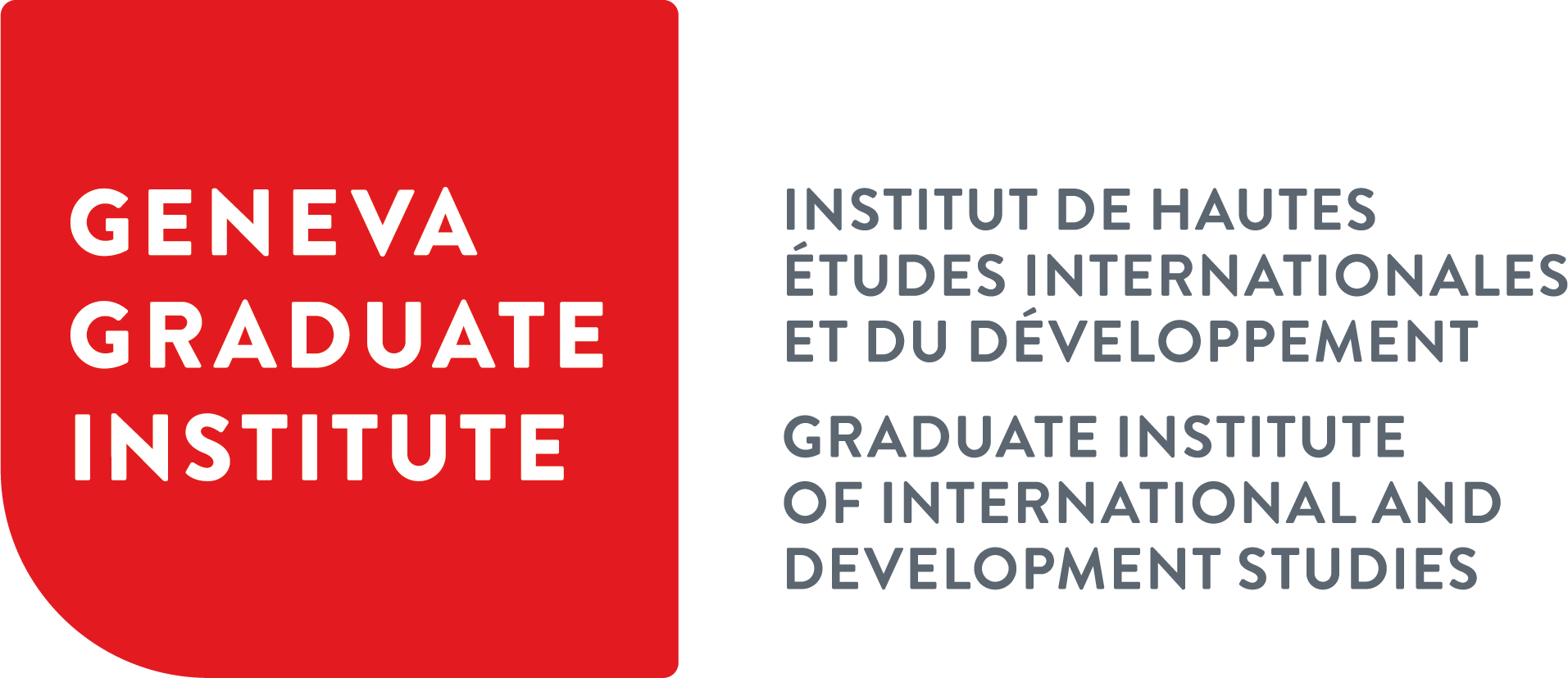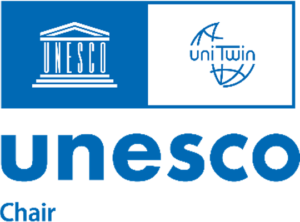Event Highlights: Challenging the Deficit Model in Education and Development
Wednesday 29 October 2025
18:30 – 20:00 CEST
Hybrid: Auditorium A2, Maison de la Paix, Geneva & Online (Zoom)
This event, “Challenging the Deficit Model in Education and Development” directly confronts the pervasive culture that frames the Global South as inherently lacking or “underdeveloped” compared to the Global North. For decades, development has been shaped by this deficit lens, portraying communities as missing essential knowledge, capacity, or resources. Such framing has influenced funding priorities, policy decisions, and the ways in which policy actors and practitioners engage with education and development issues. Unfortunately, it has often led to the neglect of the strengths, resilience, and innovation that already exist at the grassroots level. This event invites participants to interrogate and challenge these dominant narratives and explore more empowering, strength-based approaches.
On 29 October 2025, a hybrid event entitled ‘Challenging the deficit model in education and development’ took place in collaboration with Global Health Centre, GEP KIX EMAP HUB, and the UNESCO Chair. The event brought together experts from different fields to reflect on how discourses on education and development often reproduce deficit-based narratives, especially regarding the Global South. We also navigated the next steps on the urgent need to move away from a logic of correction to one of collaboration with partners at the national and international levels in challenging the deficit model.
The session opened with Chanwoong Baek, Academic Director at NORRAG, who framed the discussion by inviting participants to question how “success” is measured and who gets to define it in education and development. In his introduction, he emphasised how some regions or communities are perceived as inherently underdeveloped, where they are incapable, lack the knowledge or resources to make their own decisions. These remarks set the tone for an event that aimed to expose the implicit assumptions behind policy design and to promote the inclusion of multiple, context-sensitive viewpoints.
The first panelist, Marina Dreux Frotté – Education Policy, Evaluation, and Learning Lead for the GPE KIX Europe, Middle East, North Africa, Asia, and Pacific (EMAP) Hub– explored the question of who defines educational problems and how these definitions shape the solutions proposed. She argued that many international interventions are designed with incomplete or fragmented information about the contexts they aim to serve. For Dreux Frotté, understanding the relevance of educational challenges requires clarity from a national perspective and, most importantly, the participation of those directly affected.
Faiza Hassan, – Director of the Inter-agency Network for Education in Emergencies (INEE) – followed by examining how external assumptions shape programmatic priorities. She critiqued the pervasive tendency of international frameworks to focus on what is lacking rather than what is already working. Hassan emphasized the importance of valuing different forms of knowledge and experience, particularly in emergency education settings where short-term solutions often overshadow the need for sustained, long-term investments. For Hassan, localisation is not simply a logistical concern but a question of justice; one that requires actively questioning each actor’s role within the system and ensuring that every intervention builds durable capacity rather than dependency.
Representing the field of Global Health, Angèle Mendy, – Visiting lecturer and Faculty Lead at the Global Health Centre – linked health and education by highlighting how both sectors often overlook community agency. Mendy stressed that those who are underrepresented, particularly voices from the Global South, must be asked about their actual needs rather than being spoken for. For Mendy, challenging the deficit model means reconfiguring systems of recognition so that local insights are not only appreciated informally but formally embedded within institutional decision-making processes.
From the field of heritage and sustainability, Kutlo Kadise and Susan Osireditse Keitumetse, both UNESCO Chairholders in African Heritage Studies and Sustainable Development at the University of Botswana, contributed theoretical and applied perspectives. Kadise reflected on the theoretical dimensions of the deficit model, noting that many of its underlying assumptions remain colonial in nature and therefore resistant to challenge. Keitumetse expanded on this point by emphasising the economic and innovative potential of African conservation practices, which are too often dismissed as “traditional” rather than recognised as dynamic models of sustainability. She argued that innovation in education and development must be grounded in a recognition of these local contributions, not as exceptions but as integral to global progress.
Across these varied interventions, a common thread emerged: the need to move from a logic of correction to one of collaboration. The speakers’ diverse professional backgrounds underscored that the deficit model operates across disciplines, shaping not only what is funded and studied but also whose voices are legitimised in global discourse. Despite their differences, all panelists agreed on a shared principle: that effective and equitable education and development policies must be co-created with the people they intend to serve.
As the discussion progressed, participants, both in person and online, raised questions about how to monitor progress without reinforcing existing hierarchies of expertise. Many reflected on national experiences where local knowledge has contributed to meaningful educational reform. Others questioned whether the concept of the “Global South” itself should be re-examined to move beyond comparisons of deficiency and towards recognition of interdependence and complementarity with the Global North.
The session concluded with reflections from Moira Faul, Executive Director of NORRAG, who emphasised that the essence of NORRAG´s mission lies in listening. She reminded participants that NORRAG´s role is to ensure that diverse voices have a seat at the table, that decision-makers, scholars, and practitioners engage in genuine dialogue about the principles guiding education and development. Faul observed that questioning the deficit model is not a one-time exercise but an ongoing process of critical engagement: continually asking who defines success, whose expertise is valued, and how global networks like NORRAG can facilitate more equitable exchanges of knowledge.
Speaker Profiles
Marina Dreux Frotté is an expert in comparative policy analysis focusing on education financing, equity, inclusion, and curriculum reform. She manages Monitoring, Evaluation, and Learning (MEL) systems. Marina holds a dual role at NORRAG, the Global Education Centre at the Geneva Graduate Institute. As the Education Policy, Evaluation, and Learning Lead for the GPE KIX Europe, Middle East, North Africa, Asia, and Pacific (EMAP) Hub, she monitors education policy developments and coordinates the production of policy analyses. Marina also oversees MEL activities for the project, supporting the planning, implementation, and evaluation of the Hub’s activities. In addition, she serves as a Research Associate for the “Innovative Financing to Leave No One Behind” project, where she leads and supervises research and manages relationships with partners and funders. Before joining NORRAG, Marina worked with UNESCO’s International Bureau of Education, Terre des Hommes Switzerland, and various education initiatives in Brazil and Peru. She holds an MA in Development Studies from the Geneva Graduate Institute
Dr. Faiza Hassan is the Director of the Inter-agency Network for Education in Emergencies (INEE), since January 2025. She brings 20 years of experience across education, social policy reform, and humanitarian response. She began her career in the extractive industries after completing a PhD in Chemical Engineering at the University of Birmingham, United Kingdom, before pivoting to the education sector. She first volunteered with the Ministry of Education in Somalia and has since worked extensively across East Africa with UNICEF, CARE, and Save the Children. Before joining INEE, Faiza was Chief of Party in Save the Children’s Global Education and Child Protection Department, where she led large-scale programmes advancing children’s right to education and protection. Her work has centred on education systems strengthening, governance, and financing, with a particular focus on advancing equitable and sustainable education in crisis-affected contexts.
Kutlo Kadise is an International Relations professional with a Master’s degree in International Relations from Lobachevsky State University, Russia, and a member of the UNESCO Chair on African Heritage Studies and Sustainable Development at the University of Botswana. Her work connects African heritage with sustainable development through research, training, cultural diplomacy and collaboration, promoting policies and initiatives that advance inclusive, community-driven approaches and the Sustainable Development Goals.

